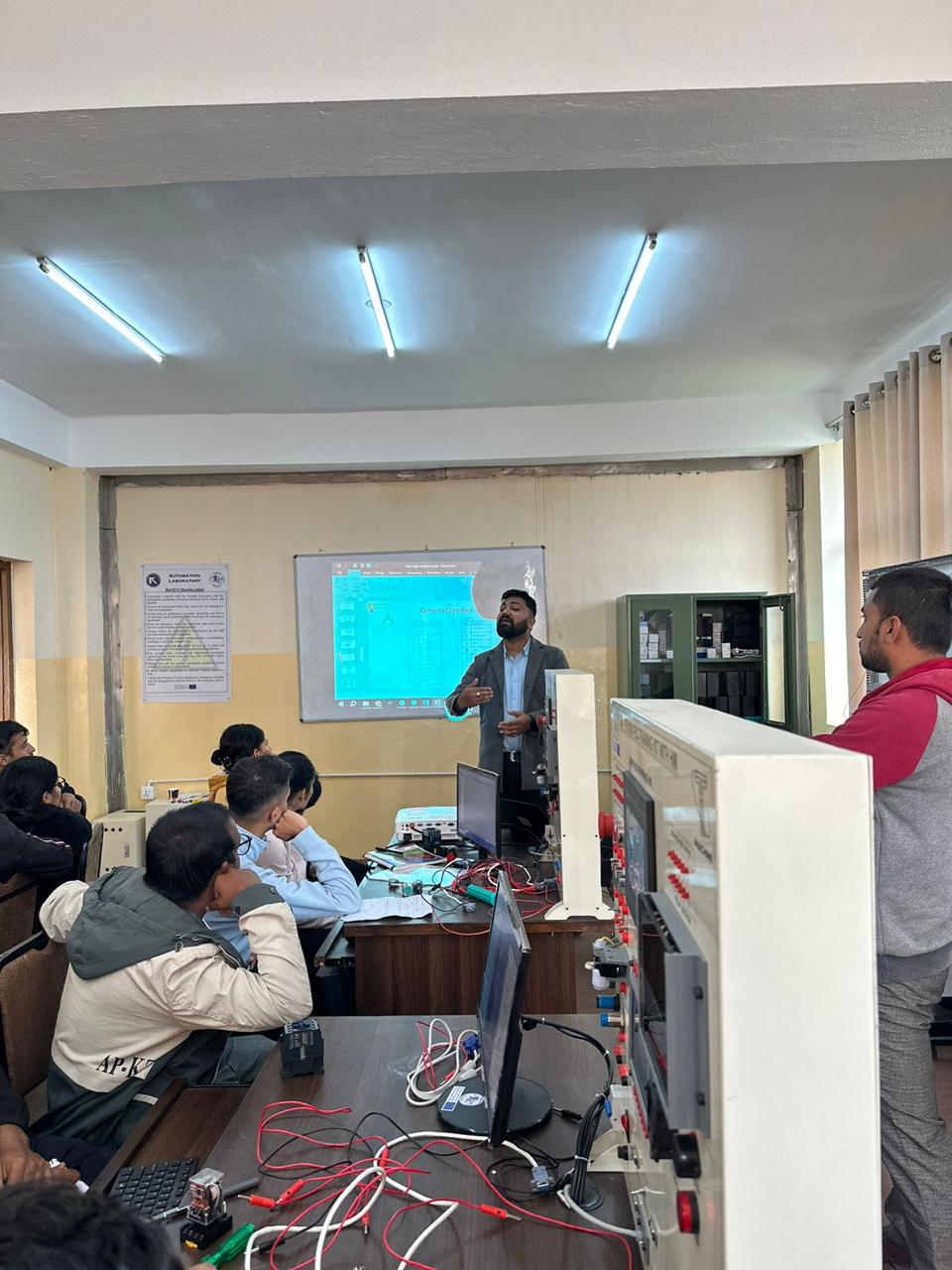Academic Program
B.E. In Computer Engineering
Computer engineering is a branch of engineering that integrates Electronic Engineering with Computer Sciences. It also integrates several fields of Electrical Engineering and Computer Sciences required in developing computer hardware and software. Unlike its hardware counterpart (Electronics & Communication Engineering), Computer Engineering focuses mainly on software. B.E. in Computer Engineering (TU) is a four year program which aims to make students acquaint with the fundamental theory, practice and latest developments in computer science, information technology and engineering, etc. In this program, 55 subjects are offered in 8 semesters. Students pass through lectures, laboratory exercises, field visits and various projects. Effort of qualified faculties is augmented with special lectures by experts and reputed scholars. Graduates of this program work in fields like software development, databases, networking, system administration, etc., in government, non-government, international organizations and offices, etc.
The important aspect of computer engineering is software development. Computer software includes:
- Applications: word processing, spreadsheets, accounting, computer graphics, computer-assisted design (CAD), computer-assisted manufacturing (CAM), audio, video, media and games
- Programming Languages: editing, compiling and debugging computer programs
- Operating Systems
- Database Management Systems
- Distributed Systems
- Networking and Communications: World Wide Web (WWW), voice over Internet Protocol (VOIP), instant messaging and email
- Artificial Intelligence: Neural Networks, Genetic Algorithms, Natural Language Processing (NLP), Computer Vision, Human Computer Interaction (HCI)
- Digital Signal Processing: Image Processing, Speech Processing, Audio/Video Processing
- Utilities: file handling, disk management, device drivers, archiving and backup systems
- Security: antivirus, firewalls, encryption and user authentication.
Computer engineers also get trainings in electronic engineering, software design, and hardware-software integration instead of only software engineering or electronic engineering. Computer engineers are involved in many hardware and software aspects of computing, from the design of individual microcontrollers, microprocessors, personal computers, and supercomputers to circuit design. This field of engineering not only focuses on how computer systems work themselves, but also how they integrate into the larger picture.
Usual tasks involving computer engineers include writing software and firmware for embedded microcontrollers, designing VLSI chips, designing analog sensors, designing mixed signal circuit boards, and designing operating systems. Computer engineers are also suited for robotics research, which relies heavily on using digital systems to control and monitor electrical systems like motors, communications, and sensors.
Employment of software developers is projected to grow by 22 percent from 2012 to 2022, which is much faster than the average for all occupations. The main reason for the rapid growth is a large increase in the demand for computer software. Having good grades from a highly rated institution should give a job seeker an advantage over the competition.
There are records of Nepali computer engineers finding jobs in companies as large as Microsoft and Google. There are also professionals in this field who earn a 6 digit salary every month in Nepal. Moreover, there is a widely held belief that computer engineering students are the quickest in getting a job as soon as they finish their university education. Furthermore, the chances of finding a part time job or internship even during one’s university days is very high as compared to other branches of engineering. For those people who don’t like working for others and want to be self-employed, no other branch of engineering comes even close to offering the sort of self-employment opportunities that computer engineers get. From making money by blogging, to creating websites for business owners; from providing billing software for schools, to selling useful apps for mobiles, these are all opportunities that a capable computer engineer can get after or even before getting a degree.






